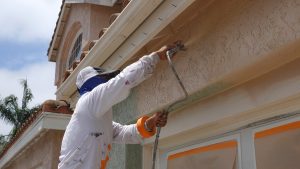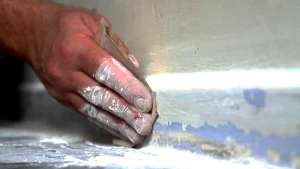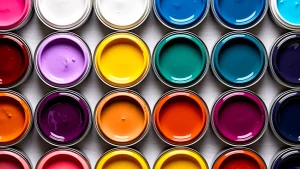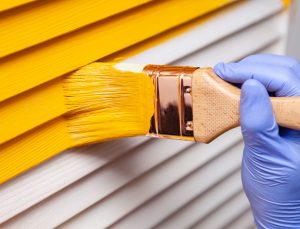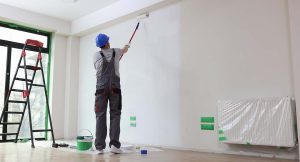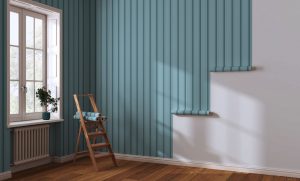Wallpaper has been a staple in home decorating for centuries. From the intricate patterns that graced the walls of Victorian homes to the bold, geometric designs of the 1970s, wallpaper has seen its share of highs and lows. However, in recent years, there’s been much debate about its place in modern interior decorating. Is wallpaper a dying art, overshadowed by plain painted walls and minimalist designs, or is it experiencing a resurgence as a craft celebrated for its uniqueness and charm?
The Rise and Fall of Wallpaper
To understand the current status of wallpaper, it’s essential to look back at its history. Wallpaper first became popular in Europe during the Renaissance, admired for its beauty and as a symbol of wealth. However, its popularity has fluctuated over the centuries. In recent decades, particularly in the 1980s and 1990s, wallpaper fell out of favor. Many considered it outdated and opted for simpler, easier-to-change paint.
The Resurgence of Wallpaper
Despite this decline, recent trends suggest a resurgence in wallpaper’s popularity. Here’s why:
1. Innovative Designs and Techniques
Today’s wallpaper comes in an array of designs, textures, and materials. From hand-painted murals to digital prints, the options are limitless. This innovation has reignited interest in wallpaper as a medium for personal expression and artistic design in interiors.
2. Nostalgia and Vintage Appeal
There’s a growing interest in vintage and retro styles, which includes wallpaper patterns from past eras. This nostalgia has brought classic designs back into vogue, appealing to those who want to infuse their homes with a touch of history and character.
3. Sustainability and Eco-Friendliness
Modern wallpaper manufacturers are increasingly focusing on sustainability, using eco-friendly materials and processes. This shift aligns with the growing consumer desire for environmentally responsible products.
The Challenges Facing Wallpaper
Despite these positive trends, wallpaper faces several challenges in the modern market:
1. Perception of Permanence
Many people view wallpaper as a more permanent choice compared to paint, which can be easily painted over. This perception can deter those who prefer to change their home’s look frequently.
2. Installation and Removal Concerns
Wallpaper installation and removal are often seen as more cumbersome and time-consuming than painting. The potential for damage to walls during removal is a significant concern for homeowners and renters.
3. Cost Factors
High-quality wallpaper and professional installation can be expensive. This cost factor can be a barrier for people looking to decorate on a budget.
The Future of Wallpaper
Looking ahead, the future of wallpaper in modern interior decorating is a blend of challenges and opportunities:
1. Technology and Customization
Advances in digital printing technology have made customized wallpaper more accessible. This trend opens up new possibilities for personalization in home decor, allowing individuals to create unique spaces.
2. DIY and Workshops
The DIY trend and the proliferation of online tutorials and workshops have made wallpapering more approachable. As more people learn these skills, the art of wallpapering may continue to grow as a popular craft.
3. The Role of Designers and Influencers
Interior designers and influencers play a crucial role in shaping trends. As they continue to incorporate wallpaper into their projects and share them on social media, they can significantly influence public perception and interest.
Conclusion
Is wallpaper a dying trade or a resurging craft? The answer lies somewhere in between. While it faces challenges in a world that often favours minimalism and simplicity, there’s a growing appreciation for the uniqueness, artistic expression, and warmth that wallpaper can bring to a space. Whether it becomes a niche craft cherished by a few or regains its status as a mainstream decorating choice remains to be seen. What’s clear, however, is that the art of wallpaper, with its rich history and evolving nature, still has a story to tell in the world of modern interior decorating.

